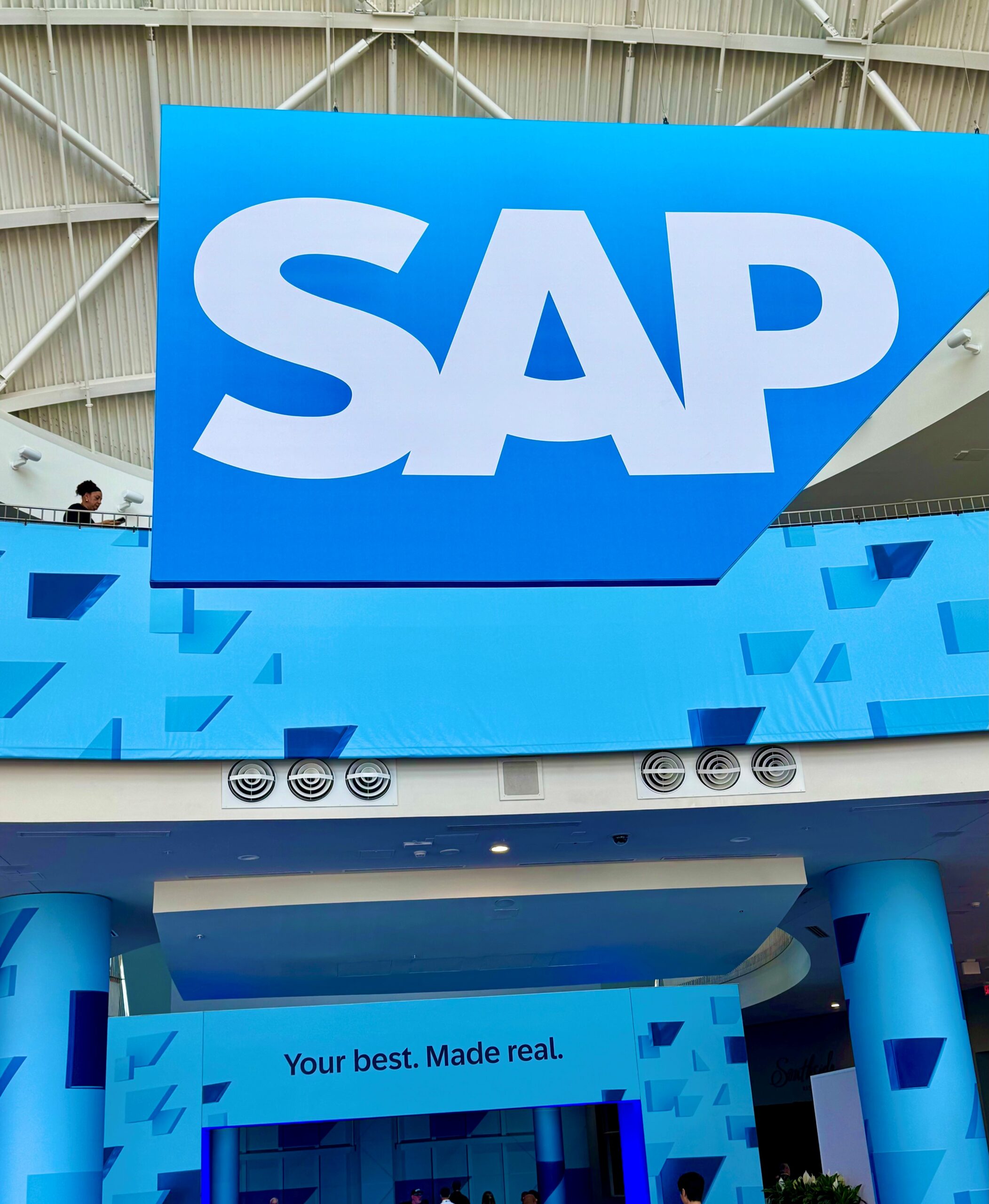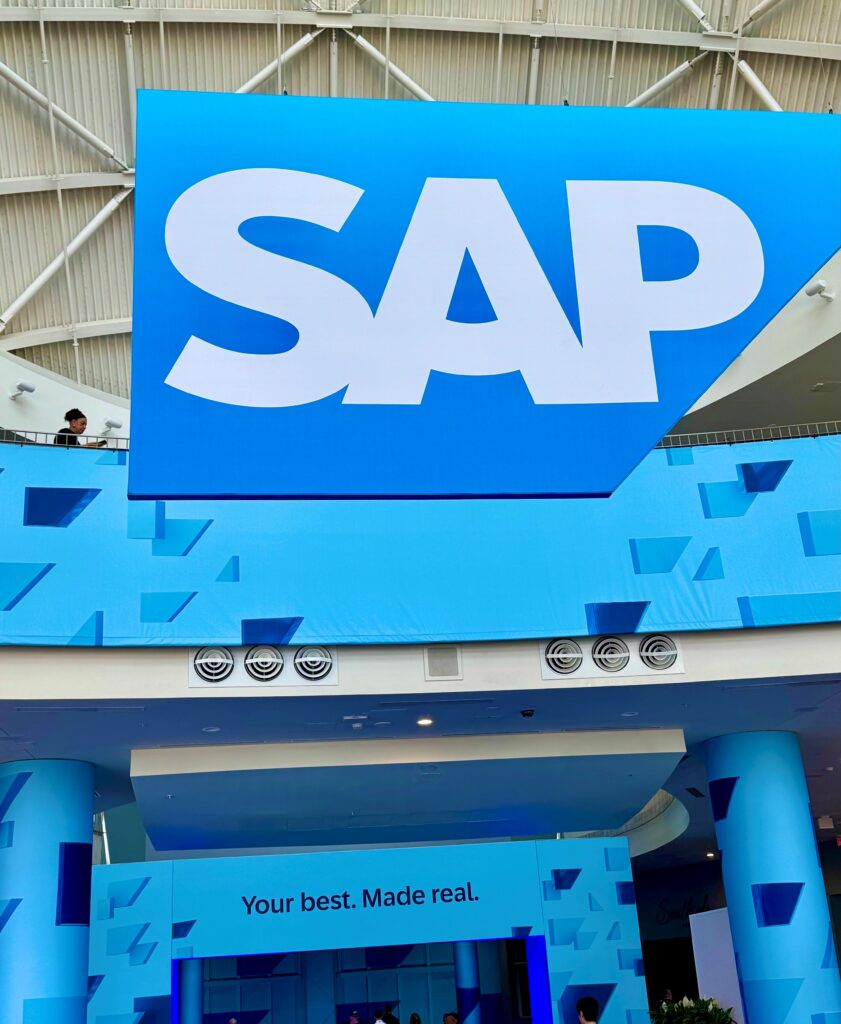Regulatory trends have driven Europe towards sovereign cloud and AI infrastructure.
The EU has reinforced General Data Protection Regulation (GDPR) with the Data Act, added AI safeguards through the AI Act, and introduced sector-specific risk standards under the Digital Operational Resilience Act (DORA).
These regulations, combined with uncertainty over EU–US Data Privacy Framework, have encouraged companies in the EU to place a premium on developing digital autonomy: infrastructure and tools that meet EU compliance, but also protect businesses from supply-chain disruption or regulatory ambiguity outside of the EU.
Digital autonomy has a pull factor as well—it allows businesses to tailor their systems to local markets for competitive advantage.
SAP plans to invest more than $20 billion into EU sovereign cloud and AI solutions. As part of that effort, the company expanded sovereign cloud services with a new data center in France. Now, it has announced new and expanded partnerships as well.
From LLMs to Industry AI Applications
Since it began in June 2024, SAP has steadily expanded its partnership with Mistral AI, a France-based company that provides LLMs and AI solutions.
The partnership first gave SAP customers access to Mistral AI’s LLMs though the SAP Generative AI Hub, and later Mistral AI moved its commercial modules, namely Mistral Large 2, onto SAP infrastructure. Early this year, the companies collaborated with Capgemini to provide AI-driven solutions for highly regulated sectors and industries.
Most recently, SAP announced that it would make Mistral AI’s frontier AI, including Le Chat, available to its customers on SAP Business Technology Platform (SAP BTP).
The companies also committed to developing industry-specific applications for the public sector and more regulated industries, like finance, healthcare, and telecommunications. SAP customers in Germany will have access first, with broader availability to follow.
SAP said the partnership would accelerate the rollout of AI-driven solutions in the EU, “echoing the pace of major US tech partnerships.”
Partnerships Underpin EU Digital Sovereignty
SAP and Capgemini are long-term partners. Since 2024, however, the companies have deepened their collaboration over AI.
Capgemini integrated SAP Business AI into its professional consulting and delivery services, and later collaborated with SAP and Mistral AI on the development of AI solutions for highly regulated organizations.
Now SAP and Capgemini have established the Sovereign Technology Partnership, which the companies designed to provide a sovereign cloud and AI governance framework.
The new partnership gives organizations in the EU secure and compliant access to cloud infrastructure, data management services, automation tools, and AI.
The expansion of the companies’ collaboration is planned for customers in the public sector, defense organizations, and highly regulated industries. It will launch in France, Germany, the Netherlands, and the UK, before expanding to other European markets.
Resilient and Compliant Cloud Infrastructure
SAP announced support for the Franco-German Mutual Assistance Commitment, an alliance between Bleu, an Orange-Capgemini joint venture in France, and Delos Cloud, an SAP subsidiary in Germany, that will improve cybersecurity for cloud infrastructure.
The Bleu-Delos Cloud commitment will allow the companies to collaborate on early detection, coordinated defense, and remediation for cyber incidents.
This is expected to enhance their cross-border capabilities during emergency situations or crisis scenarios, such as a sophisticated cyberattack or military conflict.
Further, Delos Cloud signed a MoU to provide some Microsoft customers with the ability to migrate or shift workloads to Delos Cloud during crises.
It gives Delos Cloud the authority and capability to access Microsoft cloud services in order to ensure business continuity should Microsoft’s services become restricted in Europe.
What This Means for ERP Insiders
Digital sovereignty provides competitive advantage. It’s easy to dismiss sovereign cloud and AI infrastructure as a regulatory necessity. But cloud and AI systems that are natively compliant with EU regulations allow ERP users to innovate without cross-border data risks, and friction, thereby delivering first-mover advantage in local markets.
Industry-specific capabilities differentiate products and services. Generic AI tools invite regulatory risk and operational setbacks. ERP users that leverage EU compliant, industry-specific AI modules—like those for finance, healthcare, or telecom—automate workflows and process data with the confidence needed for successful AI deployments.
Resilience requires integration. ERP systems are only as robust as the broader sovereign infrastructure and partnerships that support them. Enterprises in the EU should evaluate their ERP deployments based on how far their cloud and AI stack integrates with legal frameworks, regional partnerships, and attendant contingency mechanisms.





